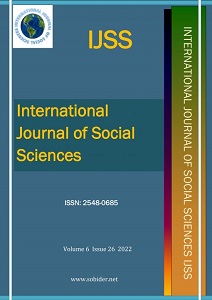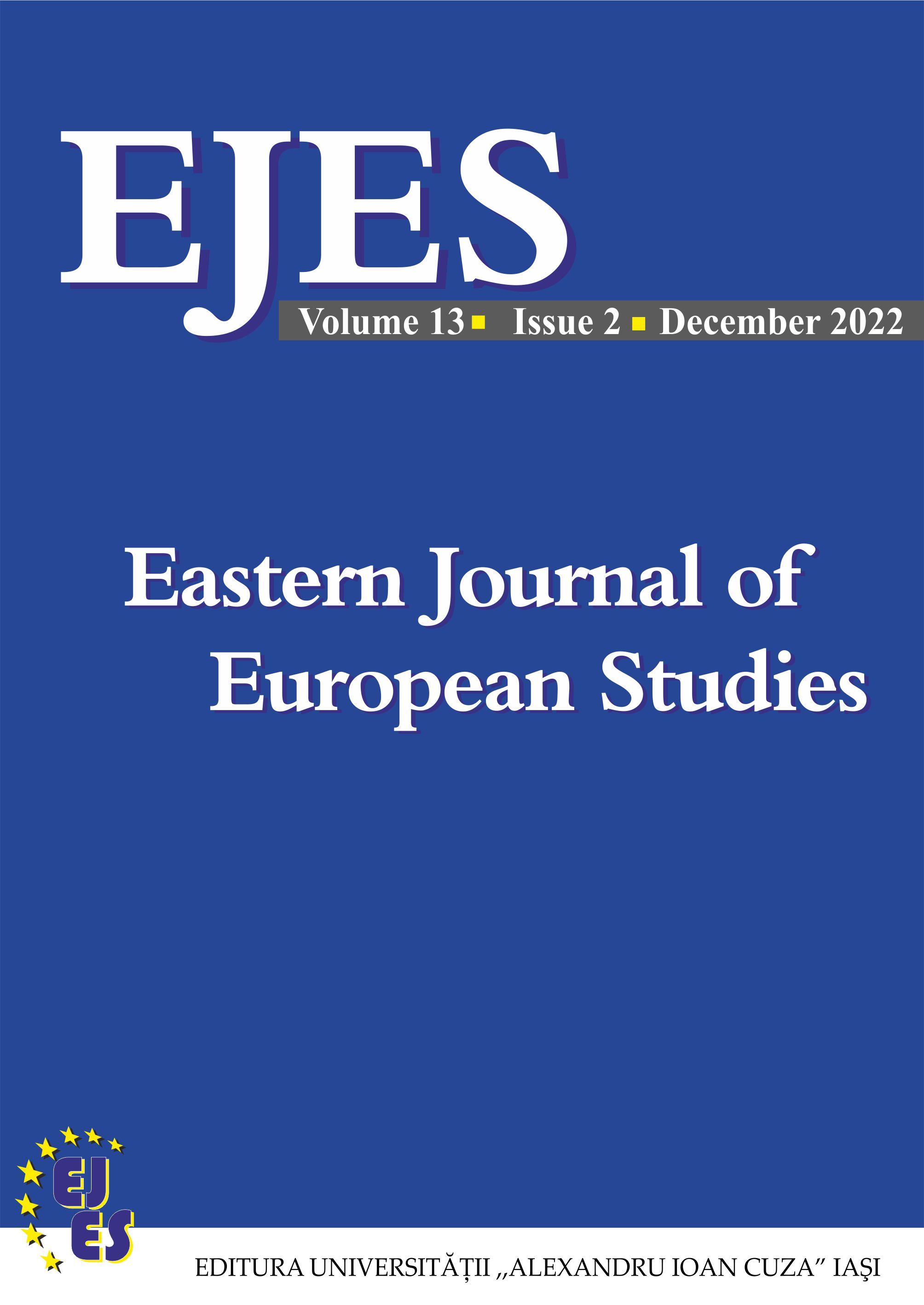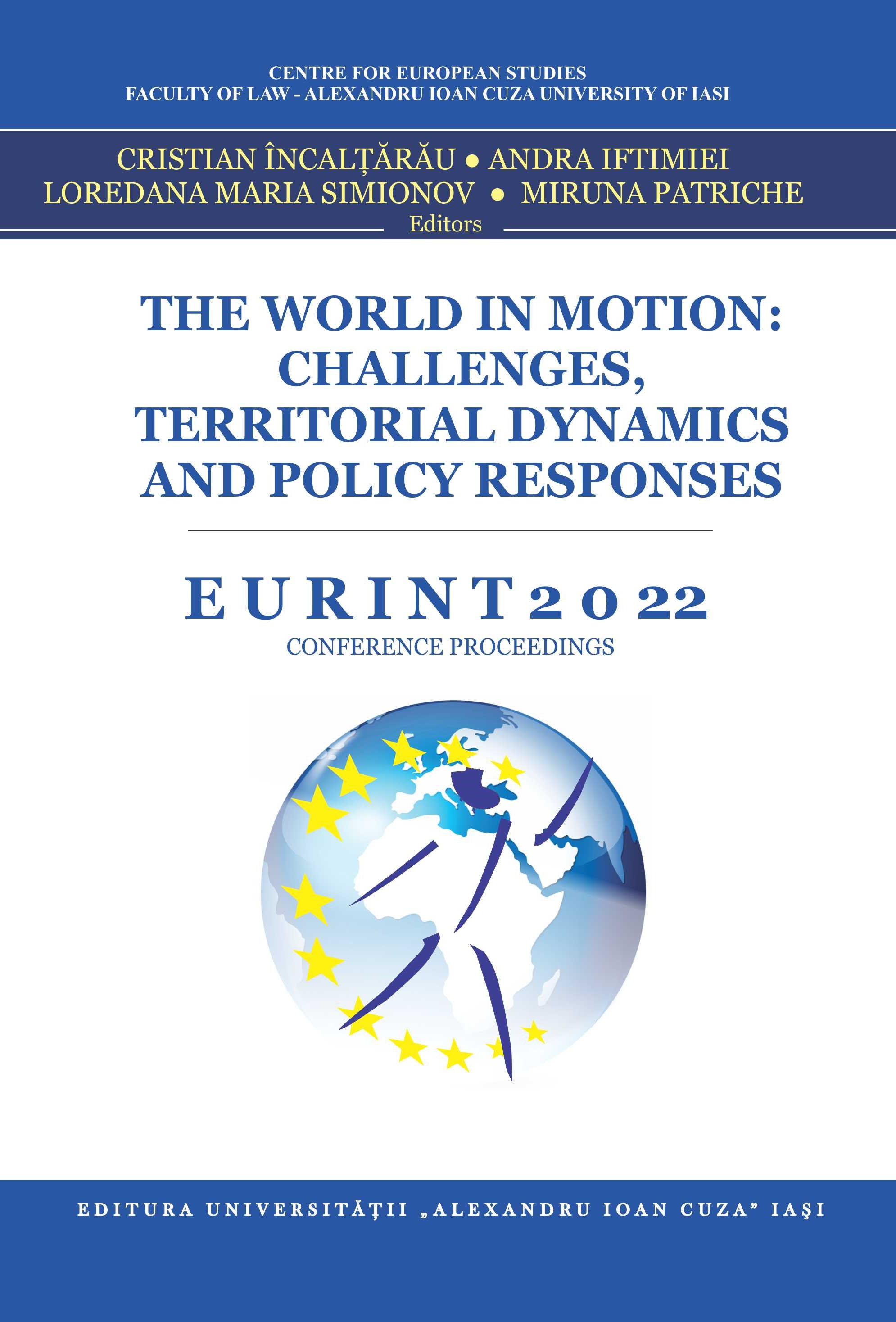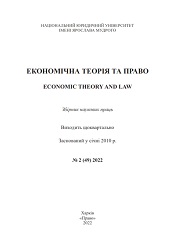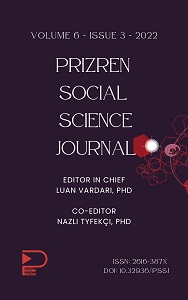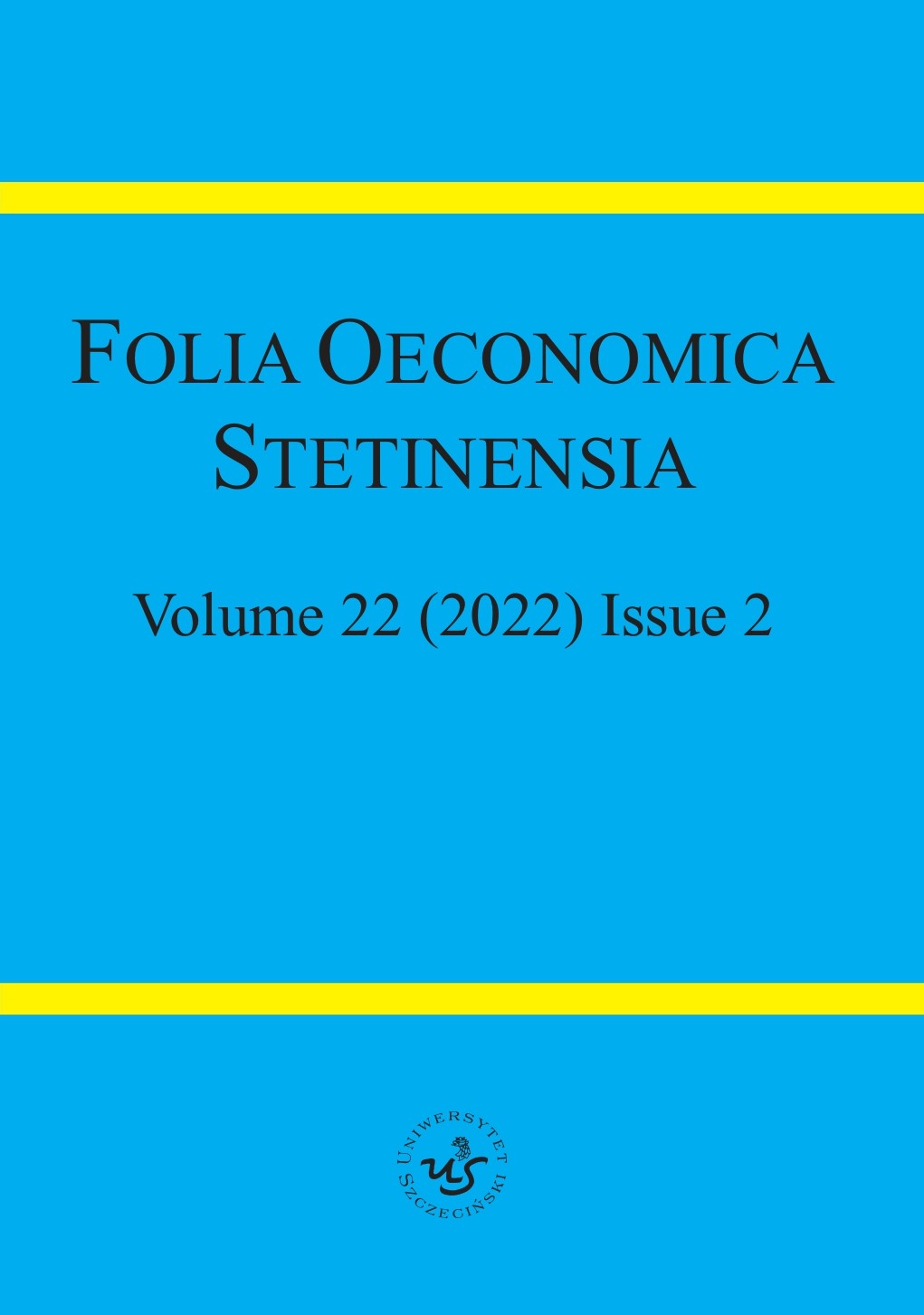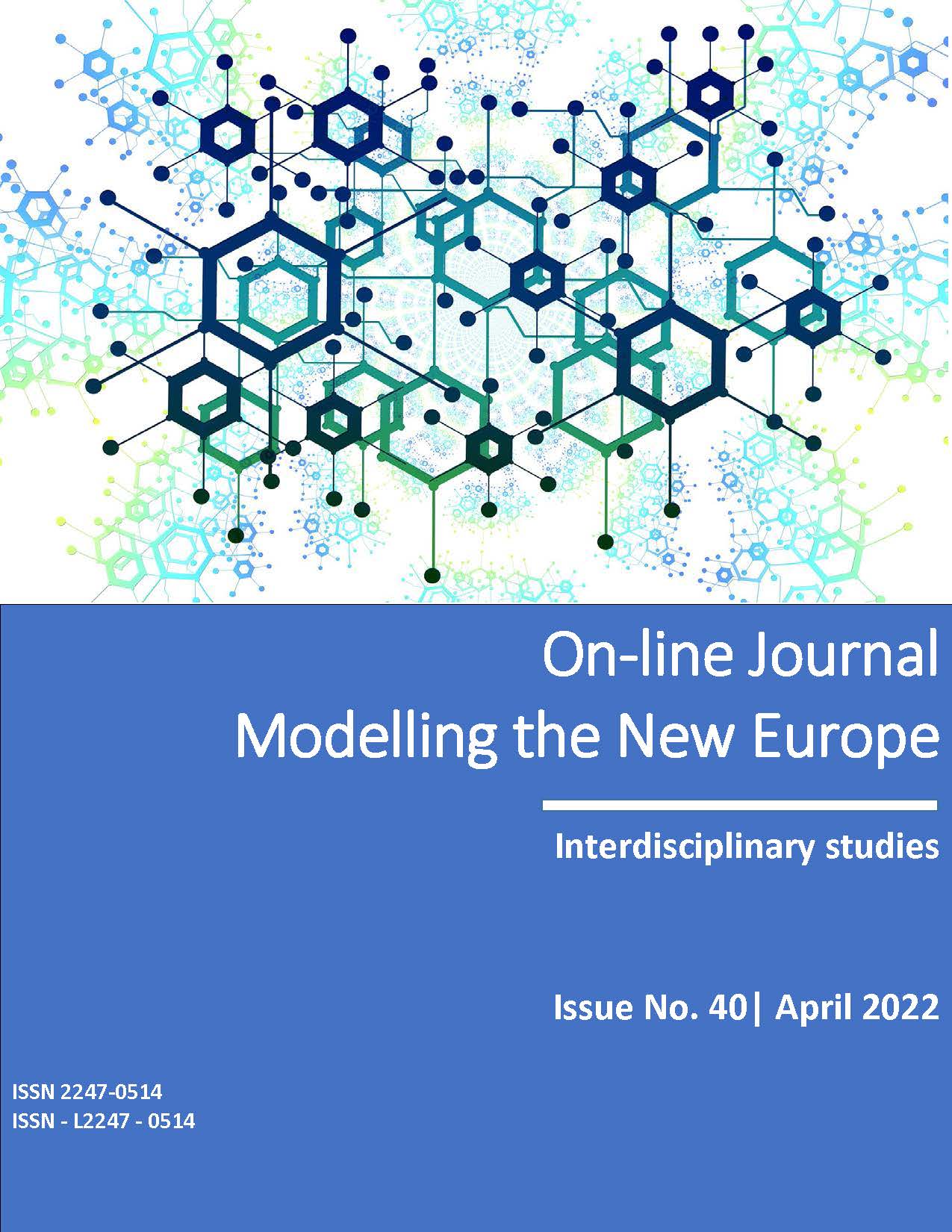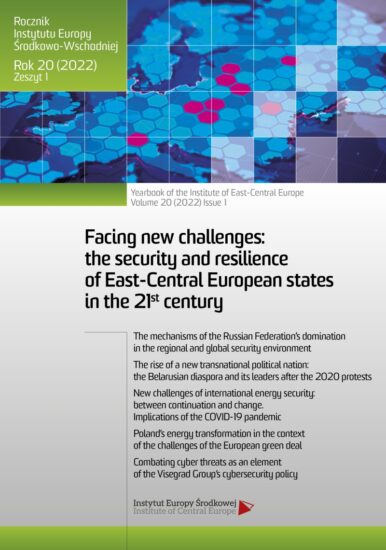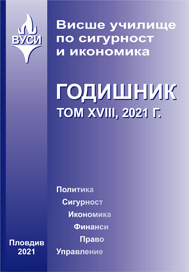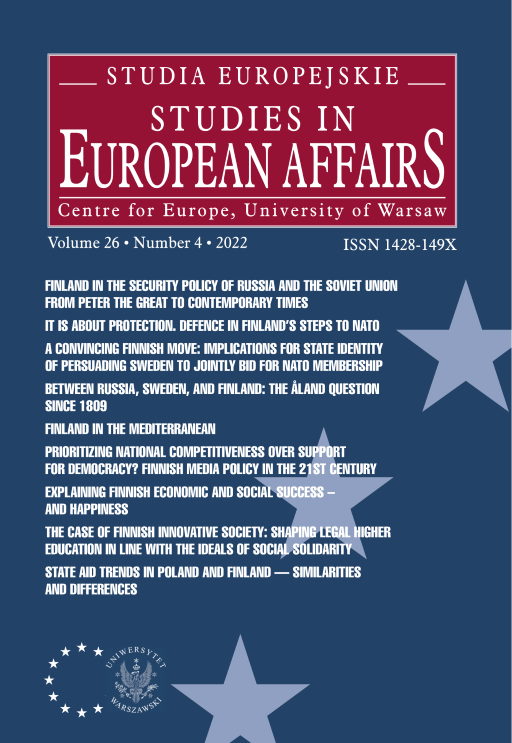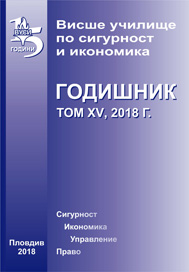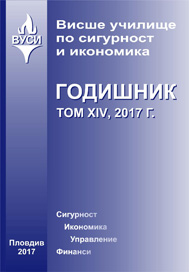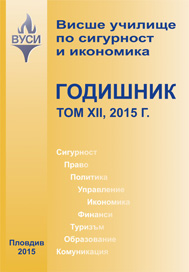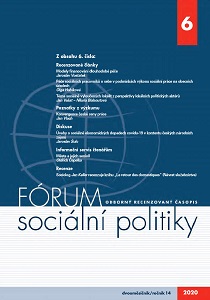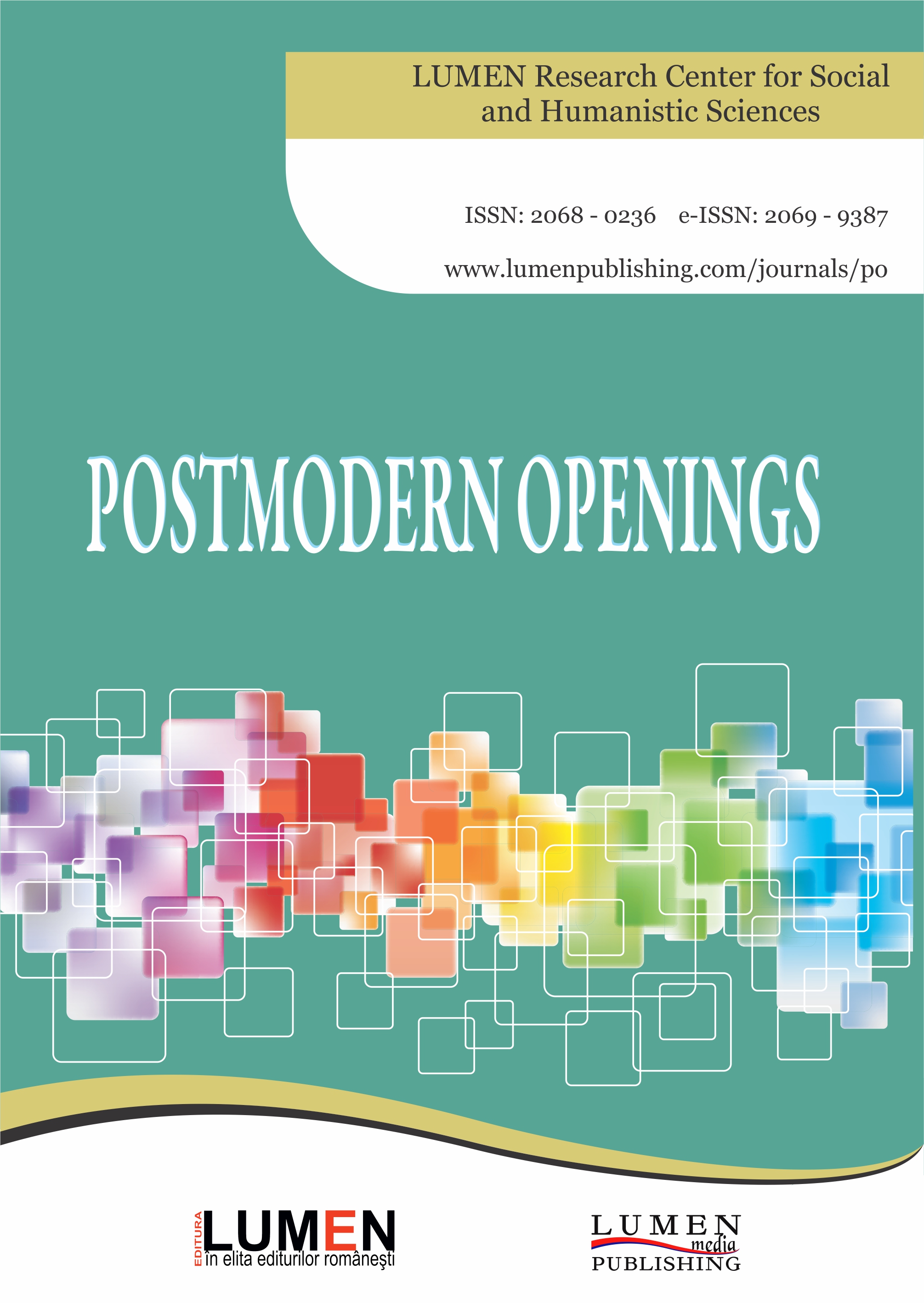
Digitization of the Economy Under the Influence of the COVID-19 Pandemic
This article examines the issues of digital transformation of the contemporary economy. The digital transformation of the contemporary economic system determines the general contours of development of all sectors of the economy. New digital technologies, platforms and infrastructures have significantly transformed economic life and contemporary entrepreneurship. The article examines the digital transformation of the contemporary economy at the micro and macroeconomic level. Significant positive impact of contemporary technological means on the activities of enterprises is noted. At the state level, digitalization provides an opportunity to increase the efficiency of public administration, ensure the convenience of public institutions, implement government functions online, users to cooperate and implement civic responsibilities in a convenient way. At the macroeconomic level, the economy has undergone significant digital transformations under the influence of the COVID-19 pandemic.
More...
